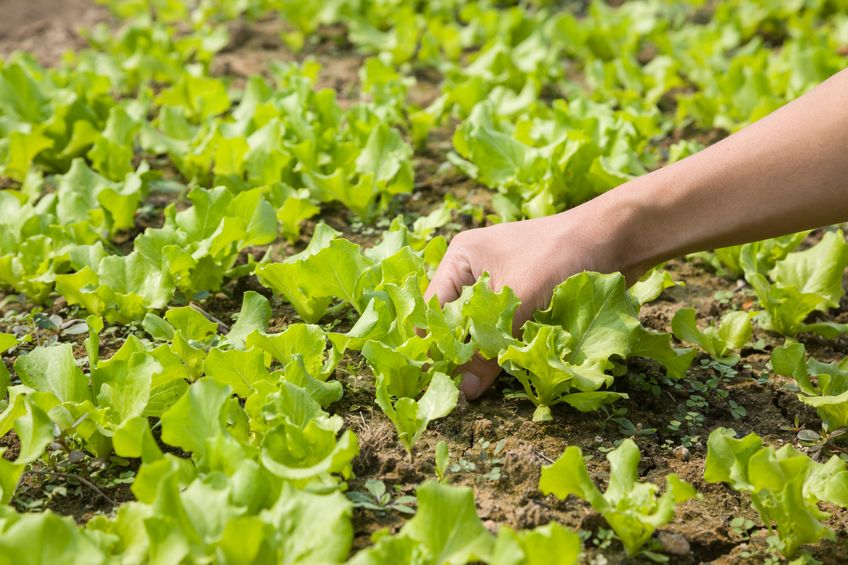
British crops could be left unharvested without access to labour post-Brexit, the NFU said today.
The union says loss of labour could have a devastating impact on the horticulture industry.
Speaking at the Fruit Focus event, in East Malling, Kent, NFU horticulture board chairman Ali Capper said that the decision to leave the European Union placed huge uncertainty over whether the industry would be able to access non-UK workers.
They are crucial in picking, grading and packing the crops that provide consumers with the range of quality and affordable British horticultural produce they’ve come to expect and enjoy.
As a result, Mrs Capper urged government to work closely with the NFU, and its members, to solve a potential labour problem that could result in unharvested crops and swathes of horticultural businesses closing down for good.
'More restrictive' immigration process
"Post-Brexit there is the likelihood that there will be a more restrictive immigration process in place.
"Effectively this could end the free movement of labour from the European Economic Area,” she said.
"We need to be prepared to explore all the possible options in maintaining access to horticulture’s vital labour supply.
"This could involve some form of visa-restricted access to labour. We need to investigate the specifics to ensure we have the workforce this industry needs.
"What is also clear is that we are not just talking about access to seasonal labour - some sectors and businesses are currently reliant on non-UK workers in full-time roles, year-round."
'Uncertainty for farmers and growers'
Mrs Capper also told growers that she had written to Brexit minister David Davis, asking him to meet with members as soon as possible to discuss how horticulture – and other farming sectors – was reliant on labour.
In it, she says: "…our exit from the European Union now creates uncertainty for farmers and growers.
"It is not unusual for horticultural producers to be planning crops 10 years in advance, yet these crops cannot be produced without good labour supply."
